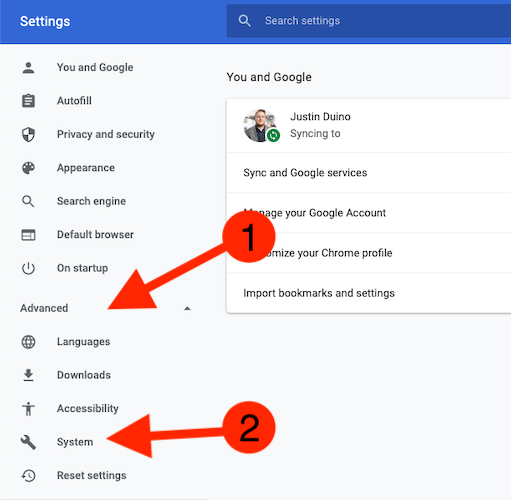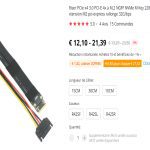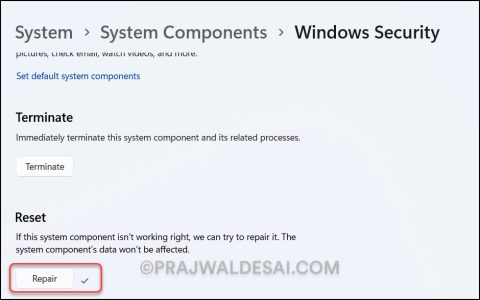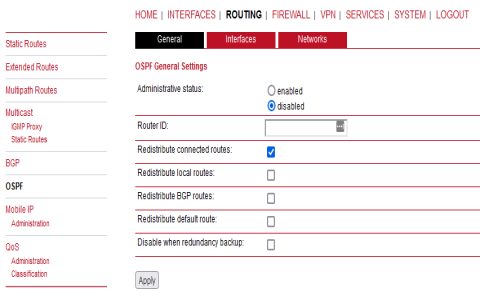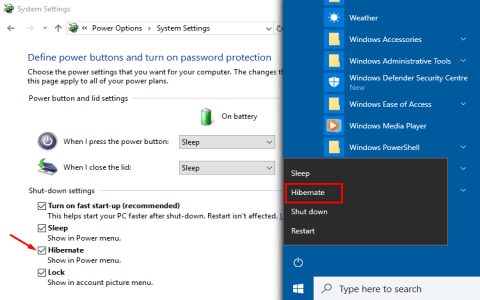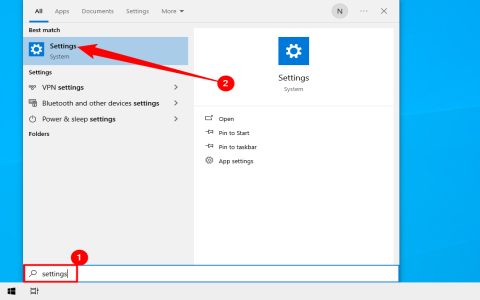Google hardware acceleration refers to the process where computationally intensive tasks are offloaded from the main CPU to specialized hardware components within a device, such as the Graphics Processing Unit (GPU), Tensor Processing Unit (TPU), or Video Processing Unit (VPU). This leverages the inherent parallelism and optimization of these dedicated chips for specific workloads.
How It Works
Instead of relying solely on the general-purpose CPU, which handles all instructions sequentially:
- Task Identification: Software identifies tasks well-suited for specialized hardware (e.g., graphics rendering, video encoding/decoding, machine learning inferences).
- Offloading: These tasks are delegated to the relevant specialized processor.
- Parallel Execution: The specialized hardware executes the task much faster and more efficiently.
- Result Return: The processed results are passed back to the main system.
Why You Need It Now
- Demanding AI Integration: Google products increasingly incorporate AI features (real-time translation, image generation, smart suggestions, voice assistants). These rely heavily on complex neural networks accelerated by TPUs/GPUs, making real-time AI responses feasible on devices.
- Advanced Web Experiences: Modern websites and web apps feature rich graphics, animations, and complex interactions. Hardware acceleration (especially GPU rendering) is essential for smooth scrolling, responsive interfaces, and fast loading times in Chrome and Chromium-based browsers.
- High-Resolution Media: Streaming and editing 4K/8K video, high-fidelity gaming, and high-res image processing require immense compute power. VPUs and GPUs accelerate video encoding/decoding and rendering far more efficiently than CPUs alone.
- Energy Efficiency & Battery Life: Specialized hardware often performs specific tasks using significantly less power than the CPU. Offloading tasks extends battery life in laptops, tablets, and phones – a critical factor for mobile users.
- Computational Photography & AR: Features like HDR+, Night Sight, and advanced Augmented Reality (AR) effects involve processing multiple frames and complex calculations instantly, which is only possible with GPU and TPU acceleration.
- Multitasking & System Responsiveness: By freeing the CPU from graphics and media tasks, hardware acceleration allows the CPU to focus on other application logic and system processes, improving overall system responsiveness during multitasking.
- Enabling Future Innovation: The development of more complex applications and services, especially in AR/VR and advanced AI, critically depends on the raw processing power unlocked by efficient hardware acceleration.
In essence, hardware acceleration is no longer a luxury but a fundamental necessity to power the computationally intensive, AI-driven, and media-rich experiences that define modern computing and are core to Google's ecosystem. It delivers the performance, responsiveness, and battery efficiency users demand.
